Aiming Higher: Improving Science Education in Victorian Schools
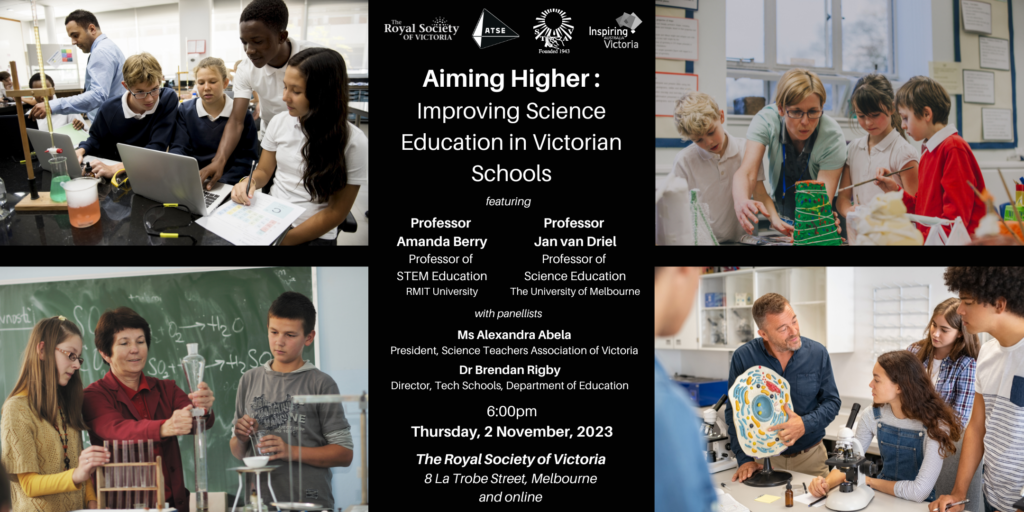
With the Victorian Government recently announcing free places for prospective teachers in tertiary education and training courses, it’s clear there’s a crisis in this essential profession that warrants special measures. Certainly, participation and completion rates in secondary schooling for students in science subjects have been declining for many years, along with numbers of science-trained teachers. The social malaise reported by a generation of young scholars emerging from the pandemic years certainly isn’t helping.
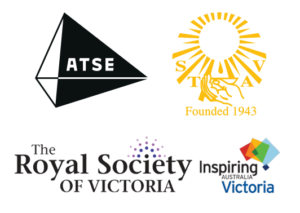
We can all imagine the professional pressures that come with being a teacher, and that asking a young graduate – or a mature-aged worker changing careers – to ‘step up’ is a big ask. Our science teachers must balance delivery of the Victorian Curriculum with the spontaneity and spark of student-led modes of inquiry to maintain their engagement, questioning and persistence. It’s a tough gig, particularly if stretching to teach science “out of field”, and even more so when engaging students who are experiencing any form of socioeconomic disadvantage or poor mental health.
But are we truly addressing the full picture? What do teachers need to feel supported and valued in sustaining their practice, and what do our primary and secondary students need from teachers to feel engaged and inspired by the challenges of the science curriculum? Join two leaders in pedagogical research to explore opportunities to improve both student outcomes and the status of science teaching in Victoria.
About the Speakers
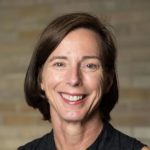 Amanda Berry is a professor of STEM Education, and Associate Dean Research & Innovation in the School of Education at RMIT University. Amanda’s research focuses on how science teachers develop and refine their professional knowledge and how that knowledge can be communicated in ways that build a strong future science teaching workforce and inspire students’ interest, engagement and success in science. Amanda has led numerous projects at state, national and international levels focusing on innovations in science teaching and learning and the development of teacher knowledge and practice.
Amanda Berry is a professor of STEM Education, and Associate Dean Research & Innovation in the School of Education at RMIT University. Amanda’s research focuses on how science teachers develop and refine their professional knowledge and how that knowledge can be communicated in ways that build a strong future science teaching workforce and inspire students’ interest, engagement and success in science. Amanda has led numerous projects at state, national and international levels focusing on innovations in science teaching and learning and the development of teacher knowledge and practice.
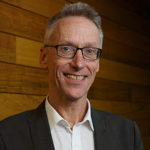 Jan van Driel is a professor of Science Education in the Faculty of Education at the University of Melbourne. He is co-leading the Mathematics, Science & Technology Education Group (MSTEG). His research is on the intersection of science education and teacher education. Based on the notion that teachers have a strong influence on students’ performance and aspirations, he aims to understand how science teachers’ practices are shaped by their professional knowledge and beliefs, and how these practices impact on students. Specifically, he is interested in how science teachers adapt their teaching to address different learning needs and interests among their students.
Jan van Driel is a professor of Science Education in the Faculty of Education at the University of Melbourne. He is co-leading the Mathematics, Science & Technology Education Group (MSTEG). His research is on the intersection of science education and teacher education. Based on the notion that teachers have a strong influence on students’ performance and aspirations, he aims to understand how science teachers’ practices are shaped by their professional knowledge and beliefs, and how these practices impact on students. Specifically, he is interested in how science teachers adapt their teaching to address different learning needs and interests among their students.
About the Panellists
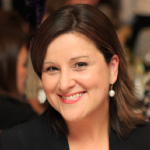 Ms Alexandra Abela has been the President of the Science Teachers’ Association of Victoria since 2019, and a continuous member of STAV since joining as a pre-service teacher in 1993. Alex first joined STAV Council in 2001 and has held a number of Executive governance roles. She is currently STAV’s representative on the board of the Australian Science Teachers Association. Throughout her teaching life, Alex has held a variety of leadership positions in education, and she is currently Assistant Principal and Head of Staff Development at Marian College Ararat. She is passionate about organisational culture, innovation and change management; and is driven to create cultures of support, wellbeing and inclusion in all facets of education. Alex is a Director of the Centre for Strategic Education (CSE) and Deputy President of the Independent Education Union of Victoria Tasmania (IEUVT).
Ms Alexandra Abela has been the President of the Science Teachers’ Association of Victoria since 2019, and a continuous member of STAV since joining as a pre-service teacher in 1993. Alex first joined STAV Council in 2001 and has held a number of Executive governance roles. She is currently STAV’s representative on the board of the Australian Science Teachers Association. Throughout her teaching life, Alex has held a variety of leadership positions in education, and she is currently Assistant Principal and Head of Staff Development at Marian College Ararat. She is passionate about organisational culture, innovation and change management; and is driven to create cultures of support, wellbeing and inclusion in all facets of education. Alex is a Director of the Centre for Strategic Education (CSE) and Deputy President of the Independent Education Union of Victoria Tasmania (IEUVT).
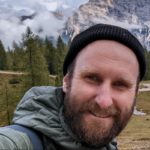 Dr Brendan Rigby is the Director of Tech Schools and Performing Arts at the Department of Education. Previously he worked as the Project Director responsible for the redesign of the Framework for Improving Student Outcomes (FISO). Dr Rigby previously worked in international education policy and programs for UNICEF Ghana and Plan International, while also co-founding and managing a non-profit, WhyDev, focused on improving support for international development and foreign aid workers. He’s a trained secondary school teacher and passionate about embedding student voice and perspectives in education policy.
Dr Brendan Rigby is the Director of Tech Schools and Performing Arts at the Department of Education. Previously he worked as the Project Director responsible for the redesign of the Framework for Improving Student Outcomes (FISO). Dr Rigby previously worked in international education policy and programs for UNICEF Ghana and Plan International, while also co-founding and managing a non-profit, WhyDev, focused on improving support for international development and foreign aid workers. He’s a trained secondary school teacher and passionate about embedding student voice and perspectives in education policy.






